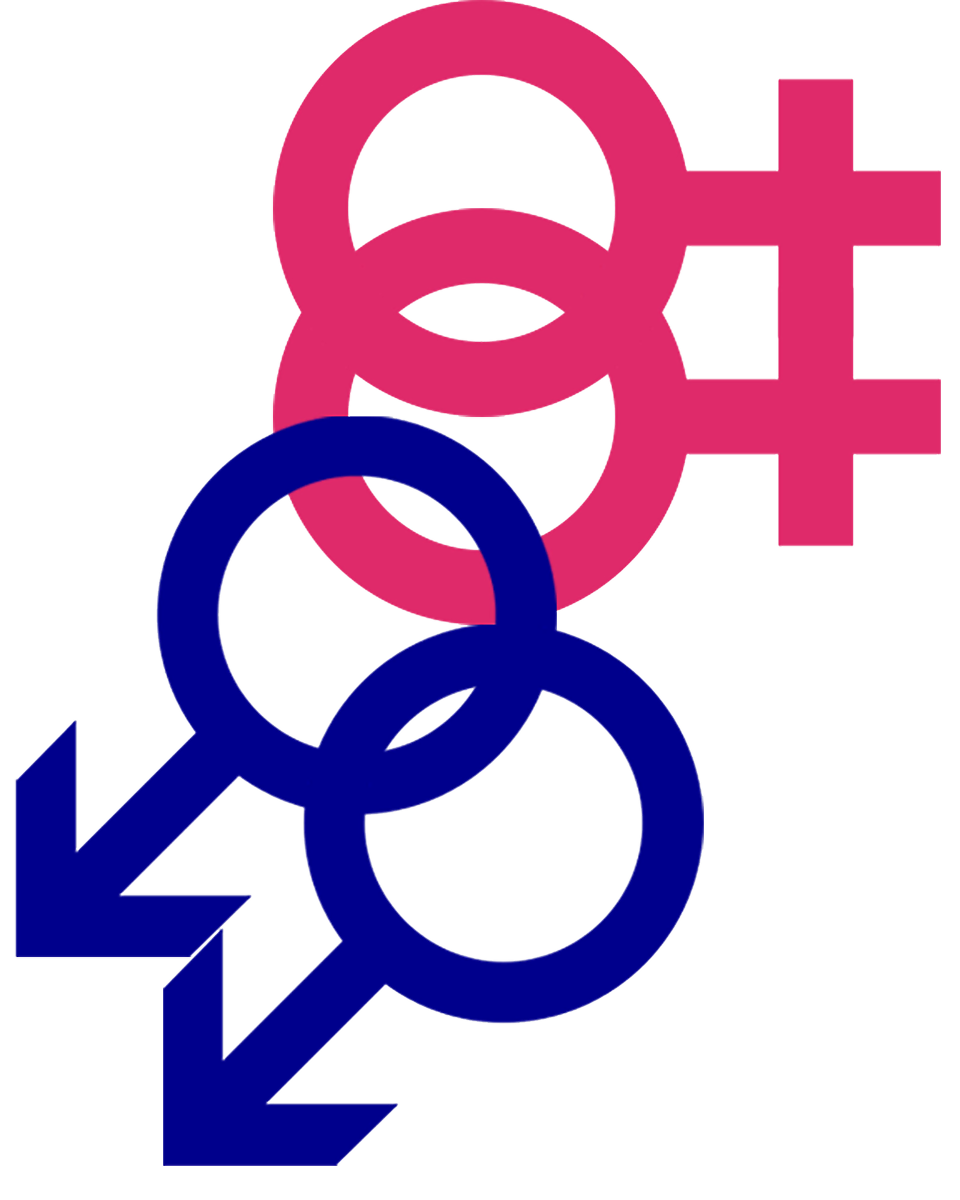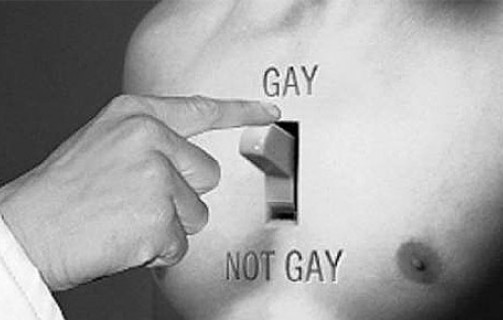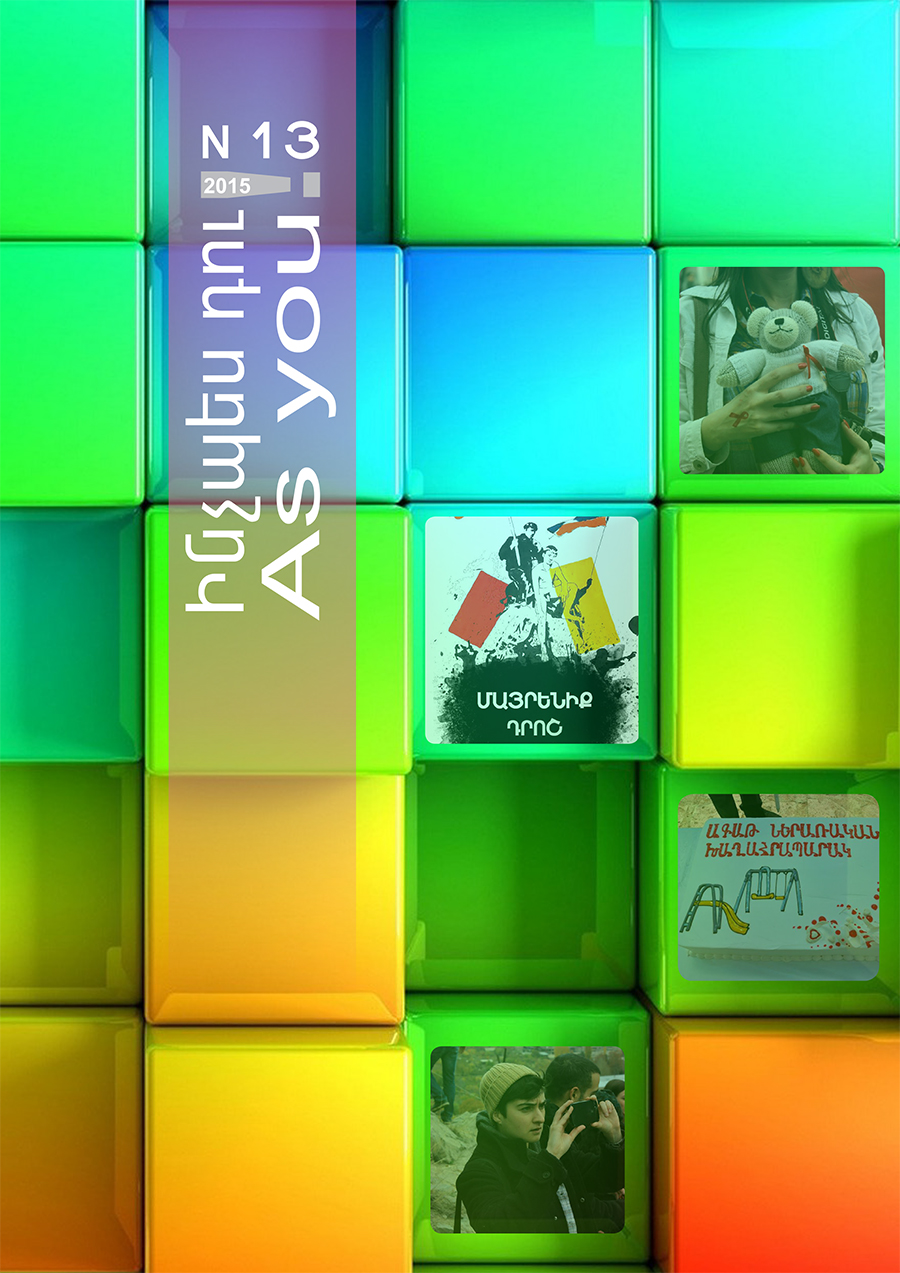 Prohibition of discrimination is one of basic and integral principles, without which it is impossible to imagine realisation of rights and freedoms equally in any democratic society. The principle of prohibition of discrimination is reflected differently in almost all international legal documents.
Prohibition of discrimination is one of basic and integral principles, without which it is impossible to imagine realisation of rights and freedoms equally in any democratic society. The principle of prohibition of discrimination is reflected differently in almost all international legal documents.
Since 1948 it has been determined that all people are born free and equal, with their dignity and rights, and these rights and freedoms must be realised without any discrimination based on race, colour, sex, language, religion, political or other convictions, national or social origin, estate, class or any other status.
Moreover, this is officially attached in almost all international treaties which have been ratified and approved also by the Republic of Armenia.
Apart from that, there also are international legal acts completely dedicated to the principle of prohibition of discrimination and right to be free from discrimination. For example the Convention on the Elimination of All Forms of Discrimination against Women (CEDAW) (Republic of Armenia joined in Sep 13, 1993) struggles against the expressions of discrimination against women and equally recognise the realisation of human rights and basic freedoms for women and men alike, and “Convention on the Elimination of All Forms of Racial Discrimination” (Republic of Armenia joined on Jun 23, 1993) bans discrimination based on race, colour, national or ethnic origin, etc
The notion of “discrimination” has been defined in a number of international legal acts, and international bodies have further interpreted it. Yet the European Court of Human Rights (ECHR) definition and interpretation of “discrimination” notion is significant in the landmark case Nachova and others v. Bulgaria.
Discrimination is distinction, exception, restriction or preference that has the effect to put a person carrying certain characteristic in a less favourable position.
Although in international practice different forms of discrimination are classified differently, nevertheless, direct discrimination, indirect discrimination, incitement to discriminate, discrimination based on presumption and hate speech are considered the elemental forms of discrimination.
In a number of cases, expressions of a discriminatory approach can be regarded as “affirmative action” or positive discrimination, that is to say, special actions aimed at elimination of inequality between less protected individual/individuals or groups and the rest of society, by allowing to realise their rights and basic freedoms on the basis of equality.
The struggle against discrimination is problematic in our country, too. Absence of necessary conditions to move freely for people with disabilities, unreasonable age restrictions for employment, hate speech and calls for violence in mass media against various religious organisations, forcing the relative of a person living with HIV to leave the hospital, the refusal to provide medical services to a homosexual person who has been stabbed, and another similar and different cases are classic patterns in our society.
Despite the fact that the ban on discrimination is reflected in the Constitution of RA and other legal acts, this approach is partial and there are spheres where the right of an individual to be free from discrimination is not secured. Apart from that, there are loopholes in national legislation that do not allow one to address the most basic and yet crucial problems a propos discrimination; in particular, no legal act has yet defined the term discrimination, its forms of expression, the notion of hate speech victims of which are minorities of our society. Legal consequences, as well, are not clarified.
As of now, the Human Rights Defender’s Office and a number of NGOs are drafting an anti-discriminatory law, which can solve these and other serious problems.
Lusine Ghazaryan




